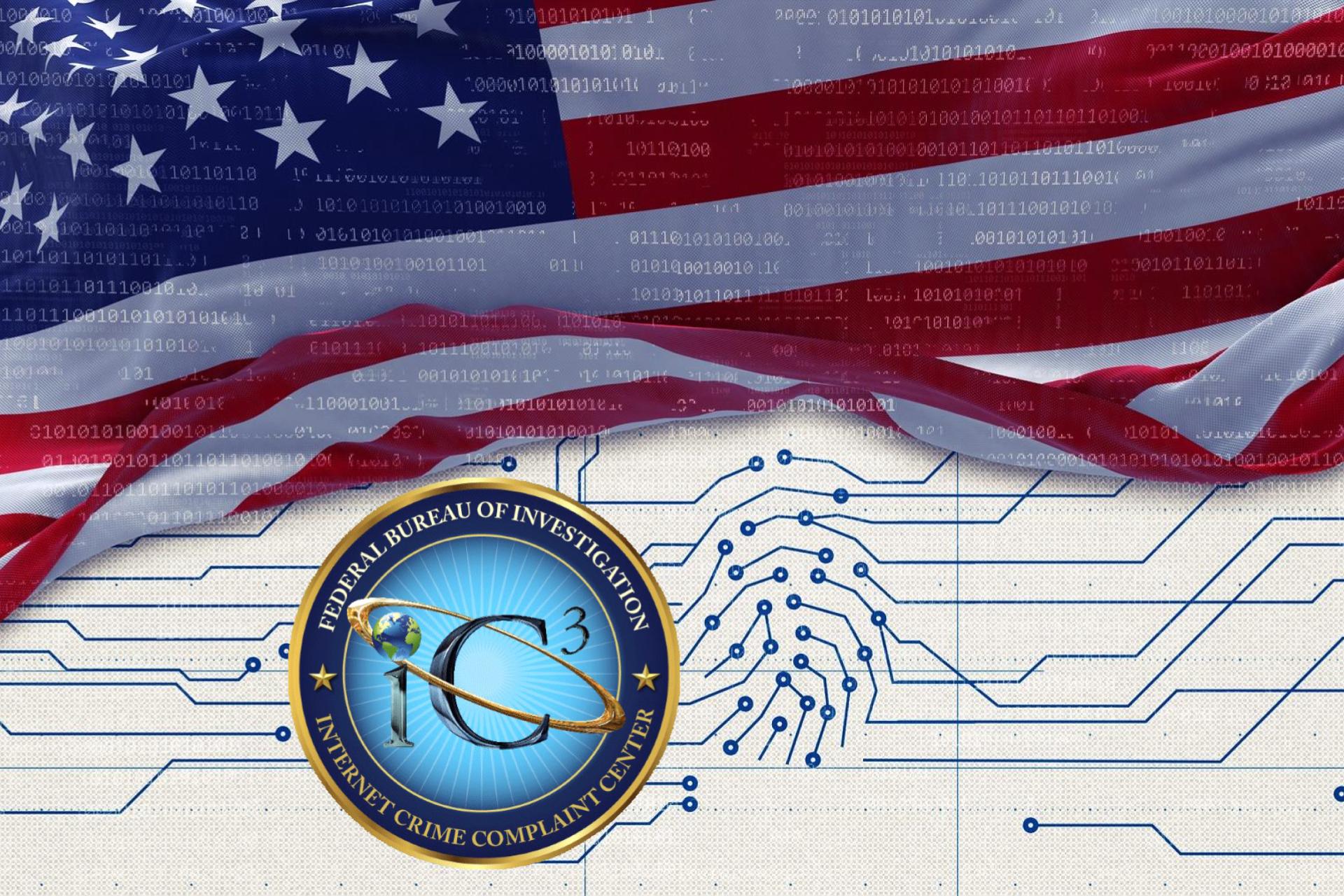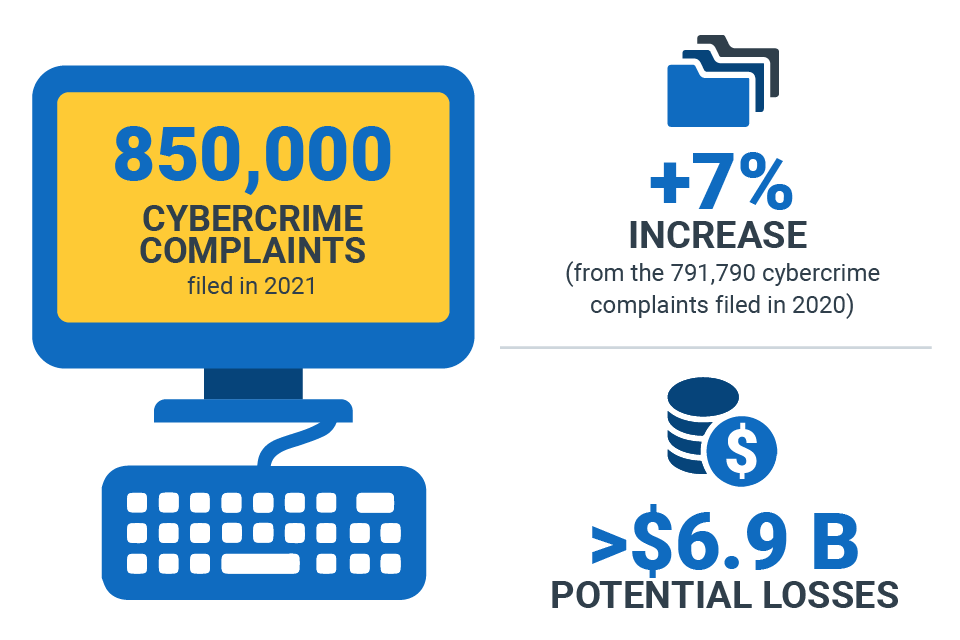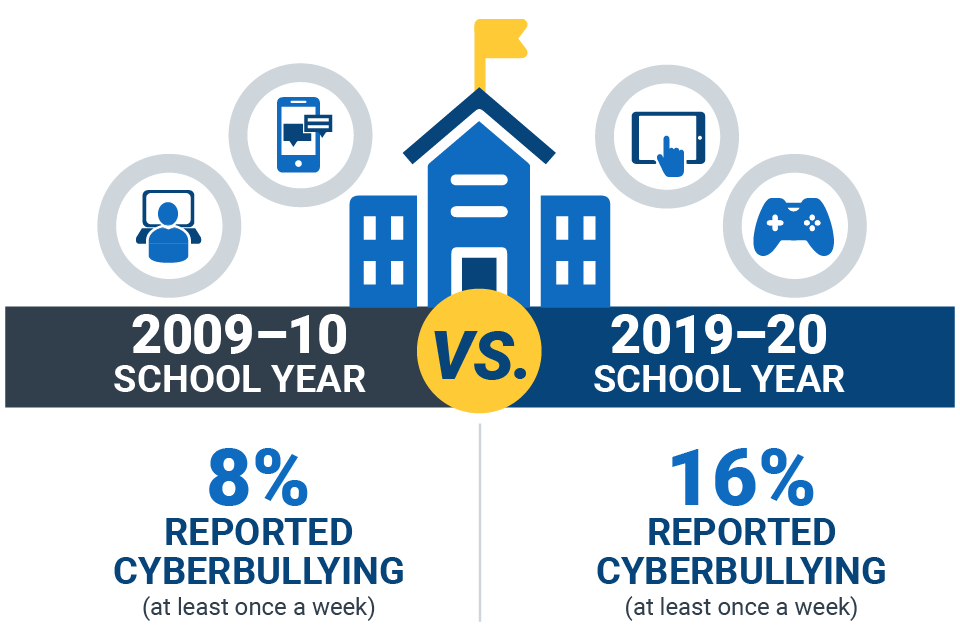Reports of crimes committed on the internet rise every year, resulting in significant financial losses for businesses and individuals of all ages and backgrounds.
In 2021, the Federal Bureau of Investigation’s Internet Crime Complaint Center (IC3) logged nearly 850,000 complaints of crimes committed online—a 7% increase from the 791,790 cybercrime complaints filed in 2020—with potential losses exceeding $6.9 billion. The most common crimes reported include ransomware, business email compromise schemes, and the criminal use of cryptocurrency.
Adults over age 60 accounted for the most cybercrime complaints (92,371) and the highest reported losses ($1.68 billion) in 2021. To help combat fraud against older Americans and provide services to victims, OVC supports the National Elder Fraud Hotline. This free resource helps victims navigate federal, state, and local crime reporting processes.
October is Cybersecurity Awareness Month—a good time to review best practices for protecting your personal information online. The Cybersecurity and Infrastructure Security Agency will provide monthly tips for staying safe online at home, school, and work.
The use of technology to harass or track victims increased during the COVID-19 pandemic, and research supported by the Office for Victims of Crime (OVC) suggests that technology-focused abuse tactics are not going away. In addition, researchers found that lack of technology access is a barrier for victims to connect with legal support, courts, and other victim services.
Children and teenagers can be particularly vulnerable to online crimes—tricked by anonymous predators because they do not recognize suspicious behavior or activity online. Developed with support from the Office of Juvenile Justice and Delinquency Prevention (OJJDP), the National Center for Missing & Exploited Children’s Safety Pledge website provides free resources to help parents, educators, and other caregivers learn about the risks children face online and how to help them respond safely.
OJJDP also supports 61 Internet Crimes Against Children task forces nationwide to help law enforcement agencies respond to online child victimization.
Cyberbullying can be defined as willful and repeated harm inflicted through computers, cell phones, or other electronic devices. During the 2019-20 school year, 16% of public schools reported cyberbullying occurring among students at least once a week. In comparison, 8% of schools noted cyberbullying issues during the 2009-10 school year, according to the Report on Indicators of School Crime and Safety: 2021.
The Law Enforcement Cyber Center, supported by the Bureau of Justice Assistance, assists law enforcement personnel, digital forensic investigators, and prosecutors who investigate and work to prevent crimes involving technology.
Visit the following pages for additional information and resources from OJP and other federal sources:
HLS.Today 2021_IC3Report
HLS.Today Source: OJP.GOV











